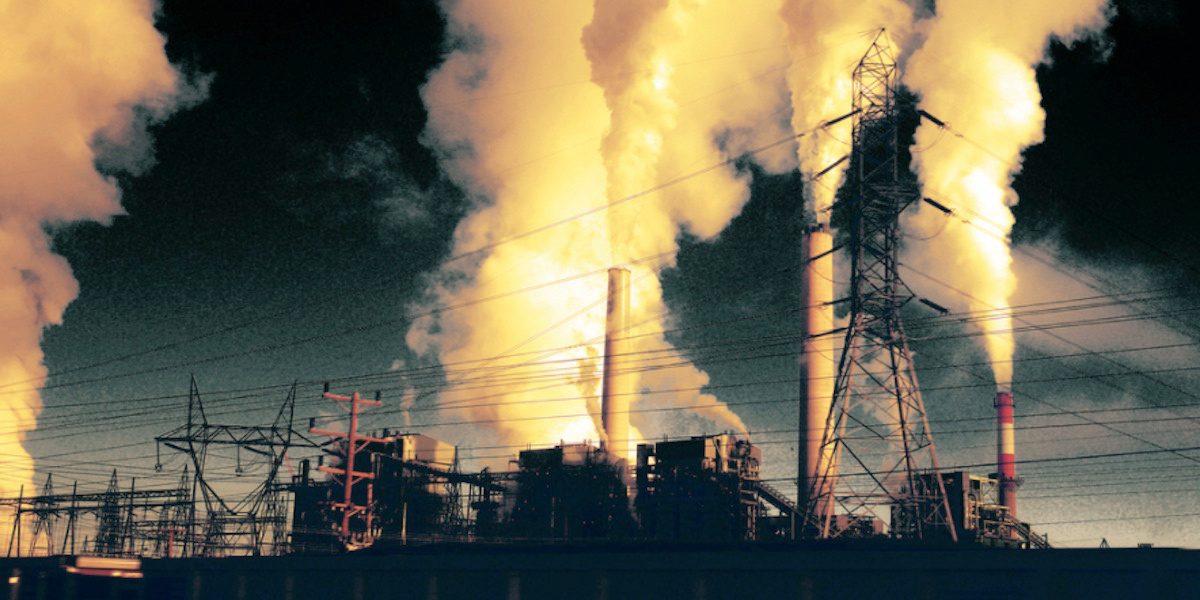
UN Environment Chief: Make Polluters, Not Taxpayers, Pay For Destroying Nature

Erik Solheim, the head of the United Nations’ Environment Program, made an interesting point during a recent speech in New York: Companies, not taxpayers, should pay the costs of damaging the planet.
“The profit of destroying nature or polluting the planet is nearly always privatized, while the costs of polluting the planet or the cost of destroying ecosystems is nearly always socialized,” Solheim said Monday, per
Reuters, at the annual International Conference on Sustainable Development at Columbia University.
“That cannot continue,” Solheim added. “Anyone who pollutes, anyone who destroys nature must pay the cost for that destruction or that pollution.”
In a recent
article, climate experts Peter C. Frumhoff and Myles R. Allen argue that companies like Exxon and other Big Oil and Gas giants—which purportedly knew about the link between fossil fuels and climate change for decades—should shoulder the billions of dollars in damages caused by extreme weather events such as hurricanes that are exacerbated by Earth’s rising’s temperatures.
Frumhoff and Allen write:
Using a simple, well-established climate model, our study for the first time quantifies the amount of sea level rise and increase in global surface temperatures that can be traced to the emissions from specific fossil fuel companies.
Strikingly, nearly 30% of the rise in global sea level between 1880 and 2010 resulted from emissions traced to the 90 largest carbon producers. Emissions traced to the 20 companies named in California communities’
lawsuits contributed 10% of global sea level rise over the same period. More than 6% of the rise in global sea level resulted from emissions traced to ExxonMobil, Chevron and BP, the three largest contributors.
The scientists point out: “It may take tens to hundreds of billions of dollars to support disaster relief and recovery among Gulf coast communities affected by Hurricane Harvey. ExxonMobil, Chevron and BP have collectively pledged only $2.75m.”
During his comments in New York, Solheim noted that economic growth and environmental preservation are not mutually exclusive. In India, for example, the promotion of renewable energy is bringing human health and environmental benefits as well as spurring the economy.
“Prime Minister (Narendra) Modi realized he can electrify the villages and provide any number of green jobs—he can provide high economic growth, he can take care of his people, and take care of the planet by the same policies,” said Solheim.
Solheim said that a “pollution-free planet” is achievable but the world must take immediate action to meet that goal.
“Change is happening,” he said. “Economic-wise, we are on the right track, but we need to speed up because the challenge is so big.”

 233k
233k  41k
41k  Subscribe
Subscribe 